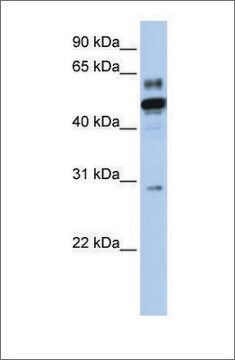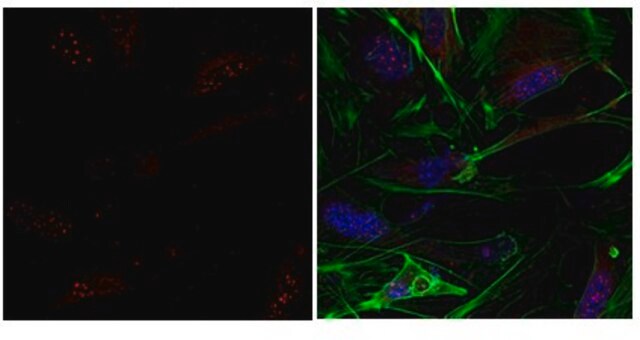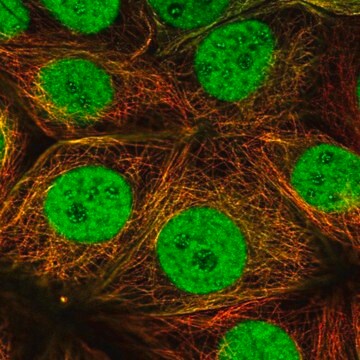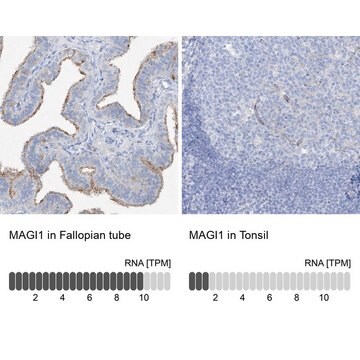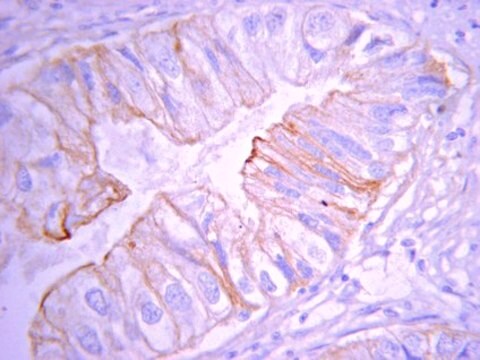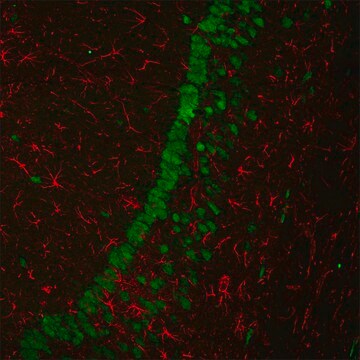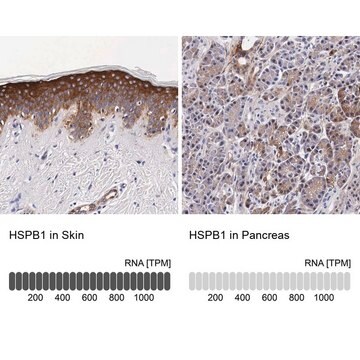AV31654
Anti-ESRRB antibody produced in rabbit
affinity isolated antibody
Synonym(s):
Anti-Estrogen-related receptor β
About This Item
Recommended Products
biological source
rabbit
Quality Level
conjugate
unconjugated
antibody form
affinity isolated antibody
antibody product type
primary antibodies
clone
polyclonal
mol wt
56 kDa
species reactivity
human, mouse, horse, dog, bovine, rat, guinea pig
packaging
pkg of 100 μL buffered aqueous solution
pkg of 50 μg lyophilized powder
concentration
0.5 mg - 1 mg/mL
technique(s)
western blot: suitable
NCBI accession no.
UniProt accession no.
storage temp.
−20°C
target post-translational modification
unmodified
Gene Information
human ... ESRRB(2103)
General description
Rabbit Anti-ESRRB antibody recognizes human, mouse, rat, bovine, and canine ESRRB.
Immunogen
Application
Biochem/physiol Actions
Sequence
Disclaimer
Not finding the right product?
Try our Product Selector Tool.
Storage Class Code
10 - Combustible liquids
WGK
WGK 3
Flash Point(F)
Not applicable
Flash Point(C)
Not applicable
Regulatory Listings
Regulatory Listings are mainly provided for chemical products. Only limited information can be provided here for non-chemical products. No entry means none of the components are listed. It is the user’s obligation to ensure the safe and legal use of the product.
JAN Code
AV31654-100UL:
AV31654-50UG:
Choose from one of the most recent versions:
Certificates of Analysis (COA)
Don't see the Right Version?
If you require a particular version, you can look up a specific certificate by the Lot or Batch number.
Already Own This Product?
Find documentation for the products that you have recently purchased in the Document Library.
Our team of scientists has experience in all areas of research including Life Science, Material Science, Chemical Synthesis, Chromatography, Analytical and many others.
Contact Technical Service
